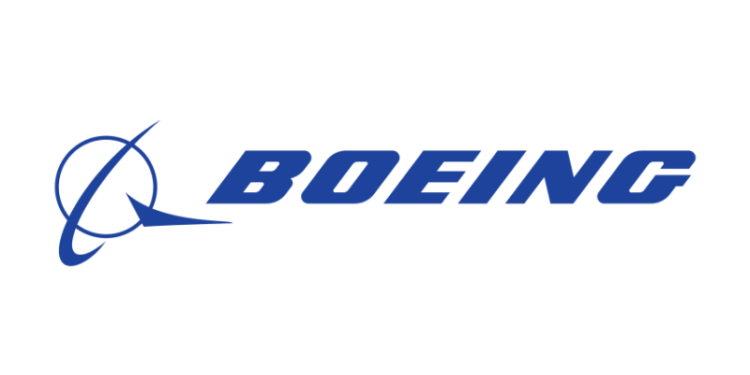On Wednesday, October 9th, Boeing withdrew its pay offer to 33,000 machinists after negotiations with the International Association of Machinists and Aerospace Workers (IAM) ended without a deal. The machinists, who went on strike in mid-September, had rejected the company’s initial offer, demanding higher pay and better benefits. Boeing’s latest proposal included a 30% pay raise over four years, but the union held firm on its demand for a 40% increase, citing concerns over wages, retirement plans, and benefits.
Boeing executives expressed frustration with the union’s stance, accusing the machinists of making non-negotiable demands that could harm the company’s competitiveness. In a staff memo, Stephanie Pope, CEO of Boeing’s Commercial Airplanes division, stated that further negotiations were futile. The strike has halted production at Boeing’s major plants in Washington state, affecting the manufacturing of several key aircraft models.
The breakdown in talks has already had financial repercussions for Boeing. S&P Global Ratings issued a negative outlook for the company, estimating that the strike could cost Boeing over $1 billion per month. The aerospace giant has been struggling with production delays and financial losses in recent years, and the continued labor dispute could further complicate its recovery efforts.
The IAM union argued that Boeing was unwilling to address key worker concerns during negotiations. Union representatives stated that their members were prepared for a long strike if necessary, expressing disappointment that Boeing refused to improve pay and benefits beyond the initial offer. Despite Boeing’s withdrawal of the pay offer, union members remain hopeful that future negotiations could resume.
This strike marks the first walkout by Boeing workers in over 16 years, and its duration could have significant impacts on the company’s production capabilities and financial stability. Analysts warn that if the dispute continues, Boeing may face deeper losses, both in terms of revenue and its ability to fulfill orders for commercial aircraft.










